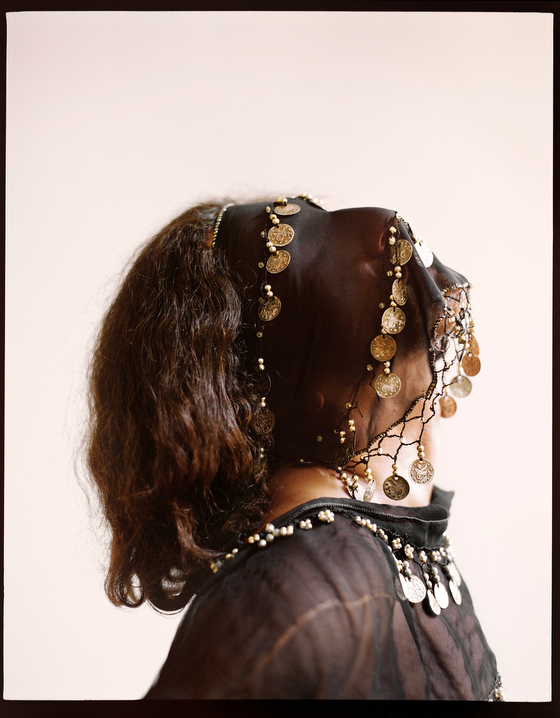Ramziya / Camille Lenain, France
“I am a transgender and Muslim woman, and this changes nothing about my relationship with Islam. Not with Ramadan, not with Allah, and not with my worship. There is not a single thing that has changed in this regard. I am who I am because of religion. I don’t care about the opinions from people who say that Islam forbids trans people, that it is haram. Their opinions don’t matter to me, don’t even bother me. Because I know myself. Who knows me better than I do?
* * *
I came to Marseille a year and eight months ago. I’m from Syria, I’m 27 years old, and focused on finishing my transition, on completing my surgery. My Transformation. My focus is to finish this path, and become a complete woman.
Before that I was in the city of Dijon, and before that I was living in Turkey, in Istanbul with my family for 4 years. I applied for asylum to Europe, and eventually received a telephone call from the French Consulate, saying I was chosen to receive asylum and come to their country. That day I was so elated, so happy with this news. Everything was so beautiful. I was so thrilled that I decided to learn French. Before that I barely spoke. I learned French on my own, by studying hard, by speaking it to myself and out in the world..
* * *
I first knew I wanted to change my gender when I was a child. I always knew I was like the other girls, I didn’t feel like a boy. Even before I came to France, when I was in Syria, I went to a therapist, and explained my situation. This has always been how I felt, how I needed to live. When I moved to Turkey, it was the same feeling, but still I couldn’t be completely myself, because this is kind of difficult for my family.
Ramadan begins next week and will continue for the next 30 days. There are people who are reactionary, who don’t understand their religion, what is haram and what is halal, who ask how I can fast during Ramadan while I am transgender. But this doesn’t concern me at all, now or ever, because I trust myself. I believe in who and what I am, and who I am going to be. I am me. There is nothing that can make me turn my back on who I am, on this decision I have made.
* * *
I made this decision when I first came to France. It wasn’t until I came to Marseille that I decided 100% that I had to be myself. I have to be who I am, transgender. I took my rights and my freedoms into my hands, all of them, and I began my transition. First, I began hormone therapy, with the plan to have surgery after. Hormone therapy is only half of the process however, until I can get my silicone implants and bottom surgery, and become a complete woman. I want to have my surgery here, but the process is taking a long time. I have to wait two years for my operations, and that’s so long. If I want to do this in a shorter time, I have to pay it from my own pocket.
I hope this project will help me get my surgeries, to have them happen comfortably and quickly.Two years, for me, is far too long. I am happy now, but the idea of waiting two more years fills me with dread and sadness. I don’t want to return to these feelings. I want to be able to move forward with these procedures as soon as possible. I need support in finding work, in finding anything that will help me in this path.. I want help.
I saw this photograph a while ago, and it’s beautiful. So beautiful. It’s me, and people will learn about me. Ramziya. There aren’t many photos that show our happiness, our beauty. People will know that we exist, the LGBT community. I am filled with joy that my portrait will be shared and that they will learn more from my photograph, from the other photographs, from everything.
* * *
This is who I am. And I will love who I am. I am Muslim. I practice my religion. And nothing about this has changed. This is who I am, and I need to be who I am. Because I am me. I am a woman. I must be a woman. And do you know what I think? I will be a woman.”
This story was documented by Camille Farrah Lenain, a recipient of the 2022 Where Love is Illegal Fellowship. The Fellowship awarded three LGBTQI+ identifying photographers with grants to produce new photographic work and record testimonies about the queer experience. The Where Love Is Illegal campaign shares LGBTQI+ stories from around the world, supporting queer people to take back control of the narratives of their lives. The inaugural fellowship was funded through the support of Vans. This is a Witness Change project.




